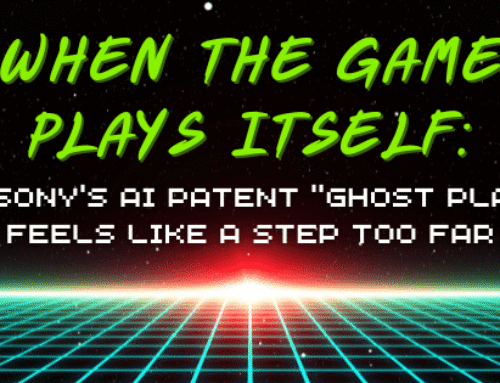On Thursday, May 23, the U.S. Court of Appeals for the Federal Circuit (CAFC) upheld a decision by the Trademark Trial and Appeal Board (TTAB) that a party with a minority ownership stake in the owner of contested trademarks does not have the standing to request their cancellation. This precedential ruling was written by Judge Lourie.
The Luca McDermott Catena Gift Trust had appealed a TTAB decision dismissing its petitions to cancel the trademarks ALVAREDOS-HOBBS and HILLICK AND HOBBS. The McDermott trust, along with two other family trusts, collectively holds a 21.6% interest in Paul Hobbs Winery, L.P., which owns the PAUL HOBBS trademark. Paul Hobbs, who is also a part owner of the winery, is associated with the owners of the contested marks. McDermott sought to cancel these marks, citing likely confusion and fraud. The fraud claim was based on allegations that Hobbs had his attorney falsely assert that the contested marks would not cause confusion with another mark, despite knowing that they likely would.
The TTAB dismissed the petition, agreeing with Hobbs that the McDermott trusts lacked standing because they did not own the PAUL HOBBS marks and had not sufficiently alleged confusing similarity or fraud. The Board noted that as minority owners, the trusts did not have the independent right to assert the marks without the winery’s approval and thus lacked the statutory right to bring the action. The Board also ruled that the trusts had no proprietary interest in the marks, a necessary component for such claims, and that the marks were not sufficiently similar to support the fraud claim. The TTAB denied the trusts’ request to amend the petition.
On appeal, the CAFC stated that while the McDermott trust had Article III standing to appeal, it lacked standing to initiate the cancellation action. Using the Supreme Court’s Lexmark framework to determine statutory entitlement, the CAFC concluded that 1) McDermott had no independent commercial interest in the PAUL HOBBS mark, failing the “zone of interests” requirement of the Lexmark test, and 2) even if it had passed this prong, it could not meet the “proximate causation” requirement. The court noted that any harm to the McDermott trust was indirect and resulted from harm to the winery, making it too remote to support a cause of action under § 1064.





